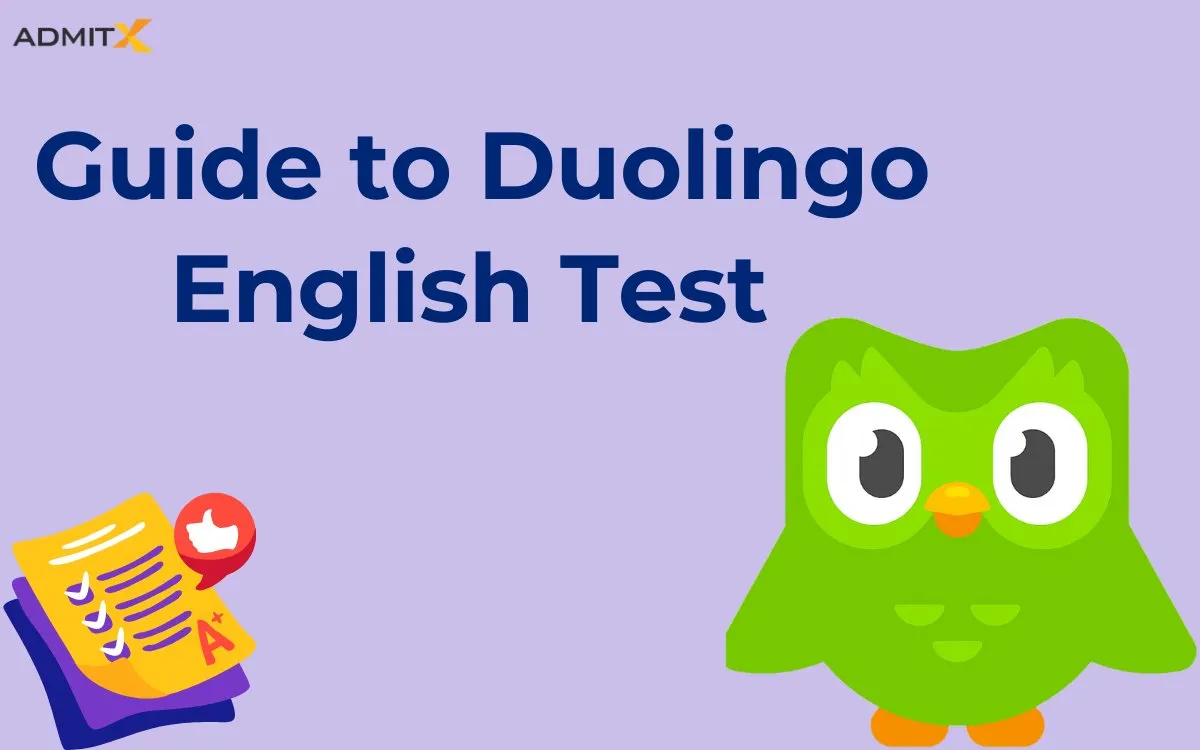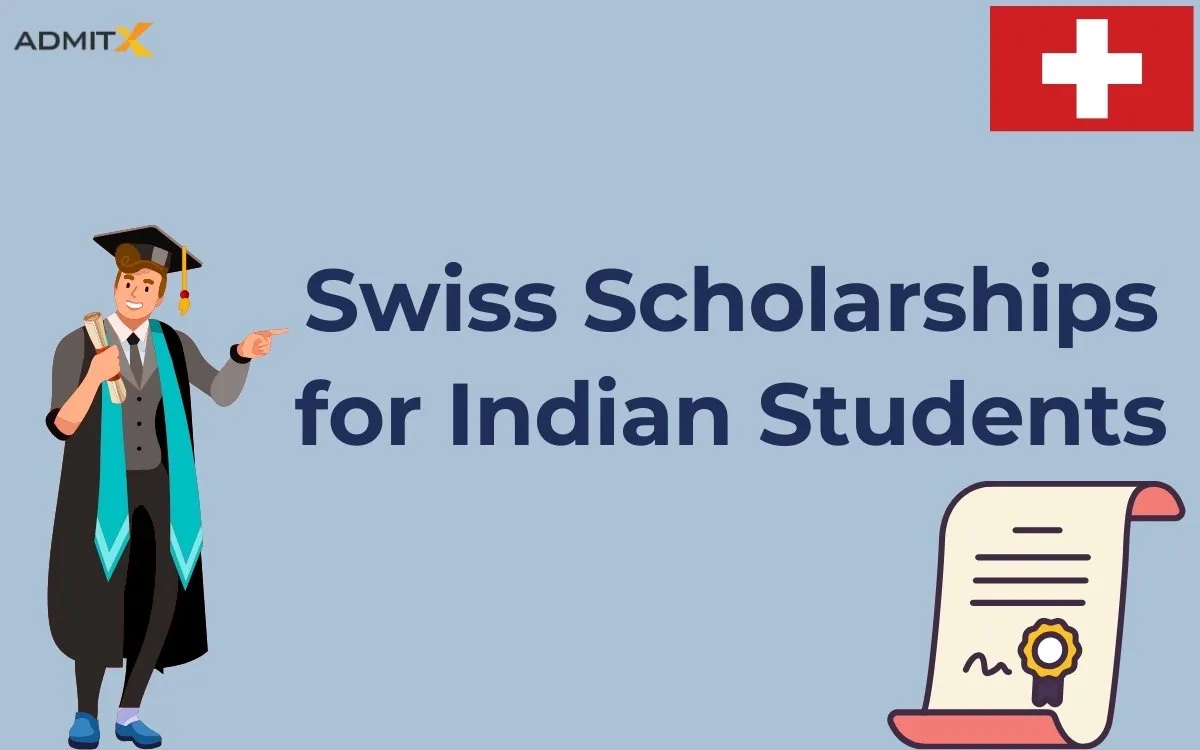Indian students mainly pursue diploma courses in Canada to ease their pathway to getting permanent residency status in a shorter time duration as well as to develop the required skills for certain industries according to their career goals.
Table of Contents
Difference between a Diploma and a Degree
Canada like many other countries provides extensive opportunities for foreign students in their career growth. Canada’s colleges offer practical as well as in-depth learning experiences and at the end, you will either get a degree or a diploma depending upon the choice that you have made before entering the college.
For making relevant choices depending on suitability and flexibility, there are some key distinctions between a degree and a diploma in Canada.
| Degree | Diploma | |
|---|---|---|
| Study duration | Completed in 3-4 years | Completed in 1-2 years |
| Expertise Areas | Designed for getting broader knowledge of the subject area | Designed to prepare students for specific industry |
| Academic Orientation | Focused on in-depth academic knowledge | Focused on developing skills |
| Career Opportunities | Provides jobs at higher level positions | Allow to enter the workforce sooner |
| Offering Institutions | Offered by Universities | Offered by Vocational schools |
Diploma in Canada
Diploma programs in Canada are equivalent to Indian diploma courses. Canadian diplomas can be pursued after completion of secondary education whose duration might vary between 1-2 years. Diploma courses aim to strengthen the skills and practical knowledge required to enter the workforce at entry.
Types of Diplomas
Diploma in Canada are equivalent to Indian diploma courses. Canadian diplomas can be pursued after completion of secondary education whose duration might vary between 1-2 years. Diploma courses aim to strengthen the skills and practical knowledge required to enter the workforce at entry.
Undergraduate Diploma
Undergraduate diploma courses are generally designed for those students who want to seek a particular occupation. In Canada, a UG diploma is also referred to as a Regular diploma.
Academic qualification: High school diploma
Course duration: 2 Years
Specialisation: Develop skills required for a particular occupation at entry-level posts.
Advanced Undergraduate Diploma
As compared to regular diplomas, an advanced diploma offers skill-based education that exposes students to industries and corporates required for all-around career development.
Academic qualification: High school diploma
Course duration : 3 Years
Specialisation: Internship with industries to face real-world challenges.
Graduate Diploma
A graduate diploma offers certain advantages over a regular and advanced diploma by adding more in-depth knowledge of subject matters related to industry along with classroom training.
Academic Qualification: Regular/Advanced diploma or Bachelor’s degree
Course duration: 1 Year
Specialisation: Develop advanced skills such as leadership roles required at senior levels in the industry and global exposure
Career Opportunities with a Diploma
Depending upon the field of study, various diverse career options are available for international students after earning a diploma Canada.
However, three career options are most demanding among students.
Healthcare Services
- Dental Assistant
- Pharmacy Assistant
- Nursing Assistant
- Healthcare policy analyst
Business Services
- Human Resource Assistant
- Sales Executive
- Payroll Coordinator
- Finance Assistant
Information Technology Services
- IT support technician
- Network Administrator
- Pre-construction Manager
- Data Analyst
Degrees in Canada
Unlike diplomas, degree courses in Canada often provide a broad and comprehensive in-depth knowledge of the subject matter. It includes a more extensive academic curriculum as compared to a diploma because degree courses involve teaching through both classroom and practical aspects. The duration of full-time Bachelor’s degree programs varies from 3-4 years depending upon the field of study. The duration of Masters’ degree and Postdoctoral programs are 2 years and 3-5 years respectively.
There is a balance between theoretical and practical aspects of subject matters in undergraduate programs whereas in post-graduate and postdoctoral studies one must focus on research skills more as it involves core study of certain subjects.
Eligibility for Pursuing Degree Courses in Canada
The eligibility to study degree courses in Canada certainly depends upon the field of study and the types of colleges to which you are taking admission. However, the general eligibility requirements are discussed below.
Undergraduate Degree
- Completion of secondary education
- Minimum GPA points vary from institute to institute
- Passing Standardised Tests (for particular courses such as Law or Medicine)
- Passing English Proficiency Tests such as TOEFL and IELTS
- Letter of Recommendation
- Statement of Purpose
Postgraduate Degree
- Completion of undergraduate degree course
- Academic performance in GPA may vary from institute to institute.
- Passing Standardised tests such as GMAT and GRE.
- Passing English Proficiency Tests such as TOEFL and IELTS.
- Letter of Recommendation
- Statement of Purpose
- Work Experience (Some masters programs may require it)
- Interview
Ph.D. Programs
- Completion of postgraduate degree course
- Academic performance in GPA may vary from institute to institute.
- Passing Standardised tests such as GMAT and GRE.
- Passing English Proficiency Tests such as TOEFL and IELTS.
- Letter of Recommendation
- Statement of Purpose
- Well define research Work Proposal
- Work Experience (Some masters programs may require it)
- Interview
Types of Degrees
| UG Degree | PG Degree | PhD | |
|---|---|---|---|
| Academic depth | General study of all relevant subjects chosen | Core study of selected subject field with research-based approach | Research and Dissertation |
| Outcome | Earn a Bachelor’s degree | Earn a Master's degree | Earn a postdoctoral degree |
| Specialisation | Foundational knowledge in the chosen subject field | Core and in-depth knowledge of the chosen subject | Contributing research insights to the academic field |
| Career opportunities | Entry-level jobs like executives and associates | Academic and research fellow, managers | Academic and research scientists |
Career Opportunities with a Degree
Healthcare Industry
- Doctor (requires a medical degree)
- Nurse (requires a nursing degree)
- Pharmacist (requires pharmacy degree)
- Medical Laboratory Analyst
- Lab Assistants
IT Industry
- Software Developer
- Cyber Security Analyst
- Network Administrator
- Database administrator
- Machine learning engineer
Business Industry
- Accountant
- Operation manager
- Sales manager
- Finance Analyst
- Marketing Manager
Comparison Between Diploma and Different Degrees
| Diploma | UG Degree | PG Degre | Ph.D | |
|---|---|---|---|---|
| Duration | 1 Year | 3-4 Years | 1-2 Years | 3-5 Years |
| Curriculum Focus | Focus on developing skills necessary according to industrial demands (Ex. Study of operating Radio diagnostic machines in healthcare facilities) | Focus on foundational knowledge of all subjects in a particular field (Ex. Humanities consists of the study of Economics, Geography, and History together) | Focus on core knowledge of any one or more than two combined subjects in a particular field (Ex. Humanities masters degree course consists of a combination of Anthropology, History and Geology) | Research on any relevant topic or thesis in a given area of subject matter. |
| Tuition Cost | Varies from 4,00,000-10,00,000 INR depending upon courses and colleges) | Varies from 34,000-34,86,234 INR (depending upon courses and colleges) | Varies from 1,33,000-32,80,795 INR (depending upon courses and colleges) | Varies from 4,98,033-12,45,083 INR (depending upon institutions) |
Considerations for International Students
To get a work permit in Canada, an international student must fulfill the following criteria:
- They must attain a minimum age of 18 years
- An international student must study a full-time course, at least for 8 months.
- They must fulfill the necessary visa requirements as per the origin country
- An international student should not be involved in any criminal cases.
- Students should be healthy. They might be needed to present their medical proof
- A student should submit his/her proof of funds to support their stay.
- Student should apply for renewal of work permit after its expiry within a stipulated time frame
After having work experience in Canada, one can apply for a permanent residency. The process of applying for PR in Canada differs from state to state. However, there are some important pathways through which an international student can apply for PR.
- Canadian Experience Class (Express entry system)
- Provincial Nominee Program (PNP)
- Quebec Experience Program
- Quebec Skilled Worker
- Federal Skilled Worker Program
Conclusion
To conclude, we can understand the difference between a diploma in Canada and a degree in Canada on the basis of their respective eligibility criteria, duration, and outcomes.
Degree programs provide more specialization to students as compared to diplomas as it involves gaining detailed and structural knowledge not only in the classroom but also in the field which creates various job opportunities and specializations.
Known for their expertise, Canadian Universities provide diverse career options after study through their diploma and degree programs.
FAQs
What is the benefit of diploma course in Canada?
How can I convert my diploma into degree in Canada?
Can I do degree course in Canada after diploma?
If you are an aspirant looking to study at your dream university, book an appointment with AdmitX today and start your applications early to avail yourself of all the benefits.




